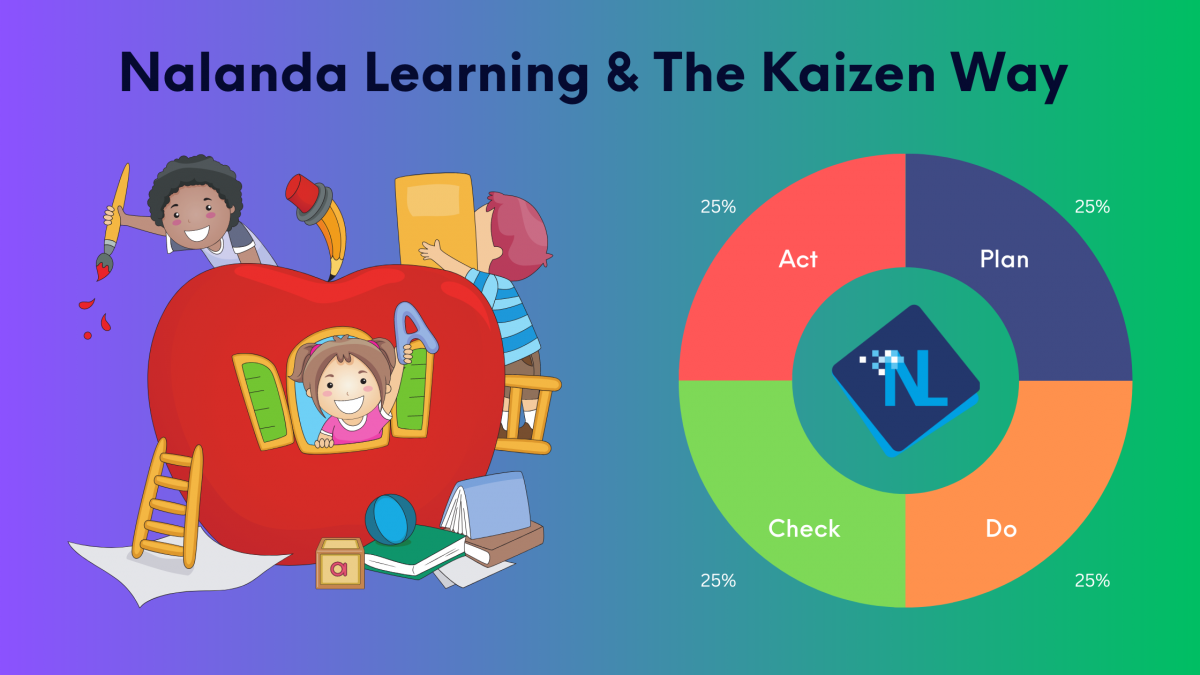
Kaizen & the Nalanda way to pre-schooling
The National Education Policy 2020 has brought into sharper focus the fledgling area of pre-schools. Even as most key players in the system grapple with the new scheme of things, one National EdTech entity – Nalanda Learning – is not only ready with its content and communication but is also taking the lead in spreading the word, and creating awareness. So much so, that to the uninitiated, it almost seems that the way preschool education will move forward has been arrived at by keeping the Nalanda curriculum in mind.
Tamal Mukherjee, the moving spirit behind Nalanda scoffs at the idea, but the smile of contentment that touches his lips when the point is raised is telltale. “Having been in the early education sector for many years has certainly helped” he said, “and the course curriculum that we have created, the pedagogic structure that has been fine tuned, the way teacher’s training has been built in, parents are involved and students are put through a continuous evaluation system are all in sync with the new policy. The point is our effort and the policy both aim for perfection by incorporating the best available global practices. So, the chance of divergence is almost non-existent. Yes, we did start early, which was a definite advantage that has been further bolstered by continuous refinement and upgradation.”
Small, consistent actions for long-term benefits
What sets the system created by Nalanda Learning is the kernel of Kaizen (from the two Japanese kanji – Kai which means change and Zen which means good or to improve). One of the pillars of the Japanese early childhood education system, the philosophy aims at driving creativity and better results through small, consistent actions that deliver long-term benefits.
The technique aims at:
• Designating a task that the children can do every day simultaneously. The idea is to make them see the work/lesson as a challenge or a game.
• The tasks are kept the same every day and often comprise daily chores that are aimed at improving cognition and other essential skills.
• Respecting time schedules is encouraged. Alarms are set, and children are encouraged to participate immediately.
Being a method that promotes the creation of simple habits in a short time, it is not dull. Little by little, and without noticing it, the task becomes a good habit. “It is a philosophy that drives creativity and better results through small, consistent actions that deliver long-term benefits,” said Tamal Mukherjee and we are happy with the way our domain experts have meshed it with what has been prescribed.
That the result is a win-win can be gauged from the achievement of the children and the endorsement of the parents apart from the way edu-entrepreneurs are flocking to Nalanda to become a part of the growing movement.